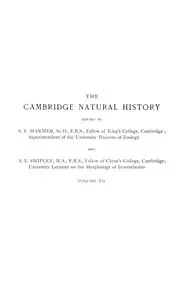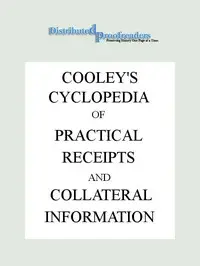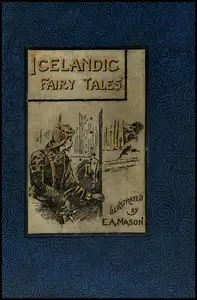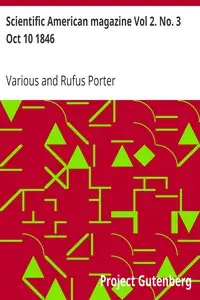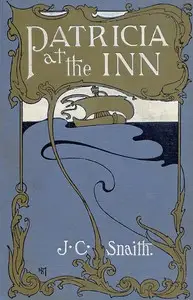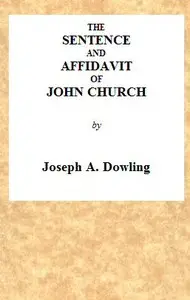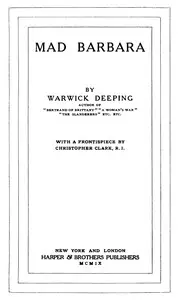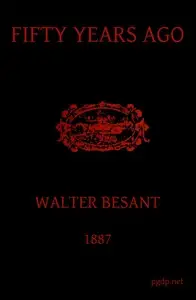"Richard II" by William Shakespeare is a historical play written during the late 16th century. The drama revolves around the themes of power, kingship, and civil strife, particularly focusing on the downfall of King Richard II as he faces the challenges posed by his cousin, Henry Bolingbroke. The play explores the complexities of monarchy, loyalty, and betrayal through its rich characterizations and political intrigue. At the start of the play, King Richard II is confronted by John of Gaunt regarding his cousin Henry Bolingbroke, who has returned from exile with intentions of reclaiming his inheritance. This confrontation escalates as Bolingbroke and Thomas Mowbray accuse each other of treason, leading to a trial by combat. The tensions and fierce loyalties among the nobility highlight the fragility of Richard's rule and foreshadow significant conflict. The opening sets the stage for the ensuing power struggles and the eventual challenges to Richard's authority, emphasizing themes of justice, honor, and the consequences of political decisions. (This is an automatically generated summary.)

Richard II
By William Shakespeare
There is an improved edition of this title, eBook #1512.
William Shakespeare was an English playwright, poet and actor. He is widely regarded as the greatest writer in the English language and the world's pre-eminent dramatist. He is often called England's national poet and the "Bard of Avon". His extant works, including collaborations, consist of some 39 plays, 154 sonnets, three long narrative poems and a few other verses, some of uncertain authorship. His plays have been translated into every major living language and are performed more often than those of any other playwright. Shakespeare remains arguably the most influential writer in the English language, and his works continue to be studied and reinterpreted.







